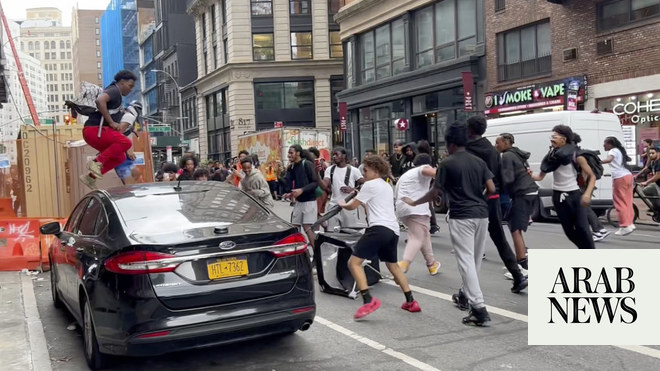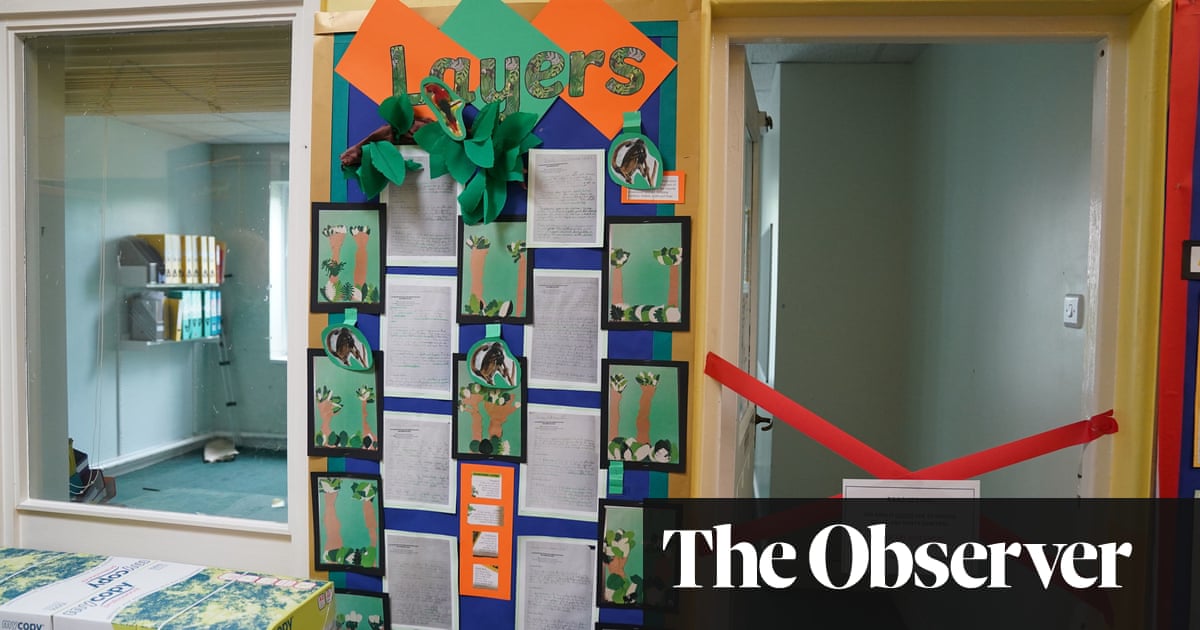
Hundreds of tonnes of additional rubbish, including mountains of single-use plastic, is being discarded by the public in English parks each day as park managers warn of their fears for “Super Saturday” this week.
Officials in Bournemouth said they collected 50 tonnes of litter left by revellers and beachgoers on the beach on one day alone last week, compared with five tonnes on an average June day.
The scenes of waste mountains are being repeated across the country, on beaches and in parks – where the partial lifting of lockdown has led to millions more people using the green spaces to meet, exercise, eat and drink.
Park staff across the country spoke out to express concern at the pressure they are likely to face on 4 July, the day dubbed in some quarters as “Super Saturday”, which the government has announced will mark the further lifting of lockdown, with alcohol widely available to take away under what are designed to be new feelgood laws drawn up by ministers.
Park managers have shared experiences of the pressure that green spaces are currently under on a nationwide online forum. In Rugby, an extra 10 tonnes of plastic waste, bottles and food packaging are being collected every day from the town’s parks.
In Salford, council staff collected 200 tonnes more rubbish from the cities parks and streets in the eight weeks between 23 March and 21 June than they did in 2019.
Chris Worman, manager of parks at Rugby borough council, said: “We are collecting seven Transit vanloads extra every day – that’s around 10 tonnes more rubbish. People are defecating in the grass, they are leaving rubbish on the ground when there are bins nearby, they are abusing our staff.
“And we are key workers. We have worked throughout the pandemic and now they are suffering this. The people coming to the parks don’t seem to care about the environment, or the staff that have worked all the way through this. It is bizarre and frustrating behaviour.”
Worman said he and other park managers were concerned about Super Saturday. “I am dreading what will happen, to be honest,” he said.
Paul Rabbitts, chair of the parks management forum, said park keepers had been sharing their experiences of the last few weeks: “There are something like 1,400 parkees who have signed up and shared their experiences, and across the board it is chaos out there.”
As well as hundreds of tonnes of extra rubbish being cleared, Rabbitts said parks were being left covered in nitrous oxide – laughing gas – canisters. “There are thousands of them being left, scattered across parks and car parks.”
He said park managers were bracing themselves for Super Saturday.
Richard Mcllwain, from Keep Britain Tidy, said there was “considerable concern” about 4 July in parks and open spaces across the country. “As lockdown measures have eased, like many others, we’ve been aghast at the huge amounts of litter left strewn across our parks and beaches,” he said.
Mcllwain said the rise in use of single-use plastics risked diverting from the push to increase reuseable and recycled materials in food and drink packaging.
The government has pushed back the implementation of its deposit return scheme for plastic bottles, and its legal mandate to manufacturers to use a minimum of 30% recycled plastic in packaging and bottles.
“We’re already seeing littering of single-use plastic glasses as a result of off-licence sales from pubs, and further relaxation to allow drinks to be served in car parks and other areas can only exacerbate this issue,” said Mcllwain. “Covid-19 is no excuse for doubling down on our single-use culture, when refillable drinks glasses can be just as safe if appropriate procedures on use and cleansing are followed.”
As well as plastic waste, the litter being left in parks and beaches includes items of PPE such as face masks and gloves, raising concerns that Covid-19 is leaving a plastic-waste crisis in its wake.
A recent study warned that the estimated use of 129bn face masks and 65bn gloves globally each month was resulting in widespread environmental contamination.
Mcllwain said the government must not delay its deposit return scheme further than its planned 2023 date. A Keep Britain Tidy survey last year found that 75% of street litter consisted of drinks containers. “That is why we’re calling for a comprehensive deposit return scheme, which can increase collection rates to over 90% and reduce littering,” he said.












